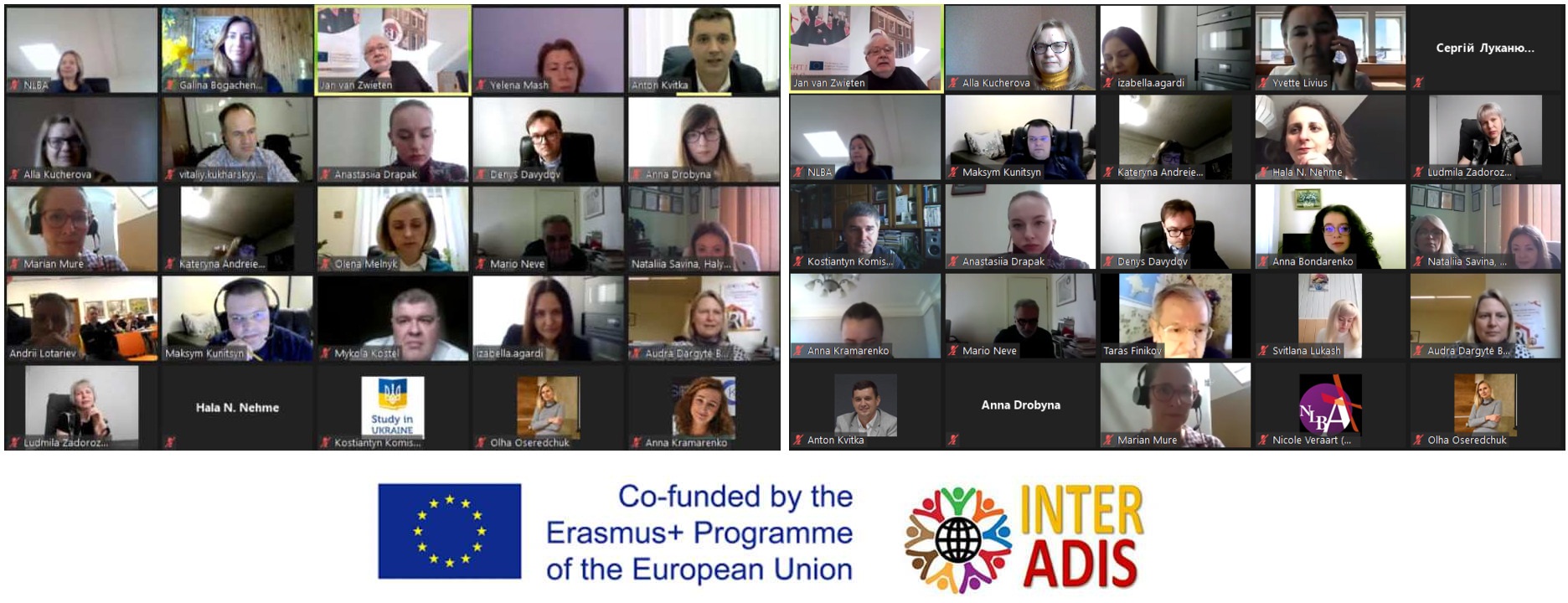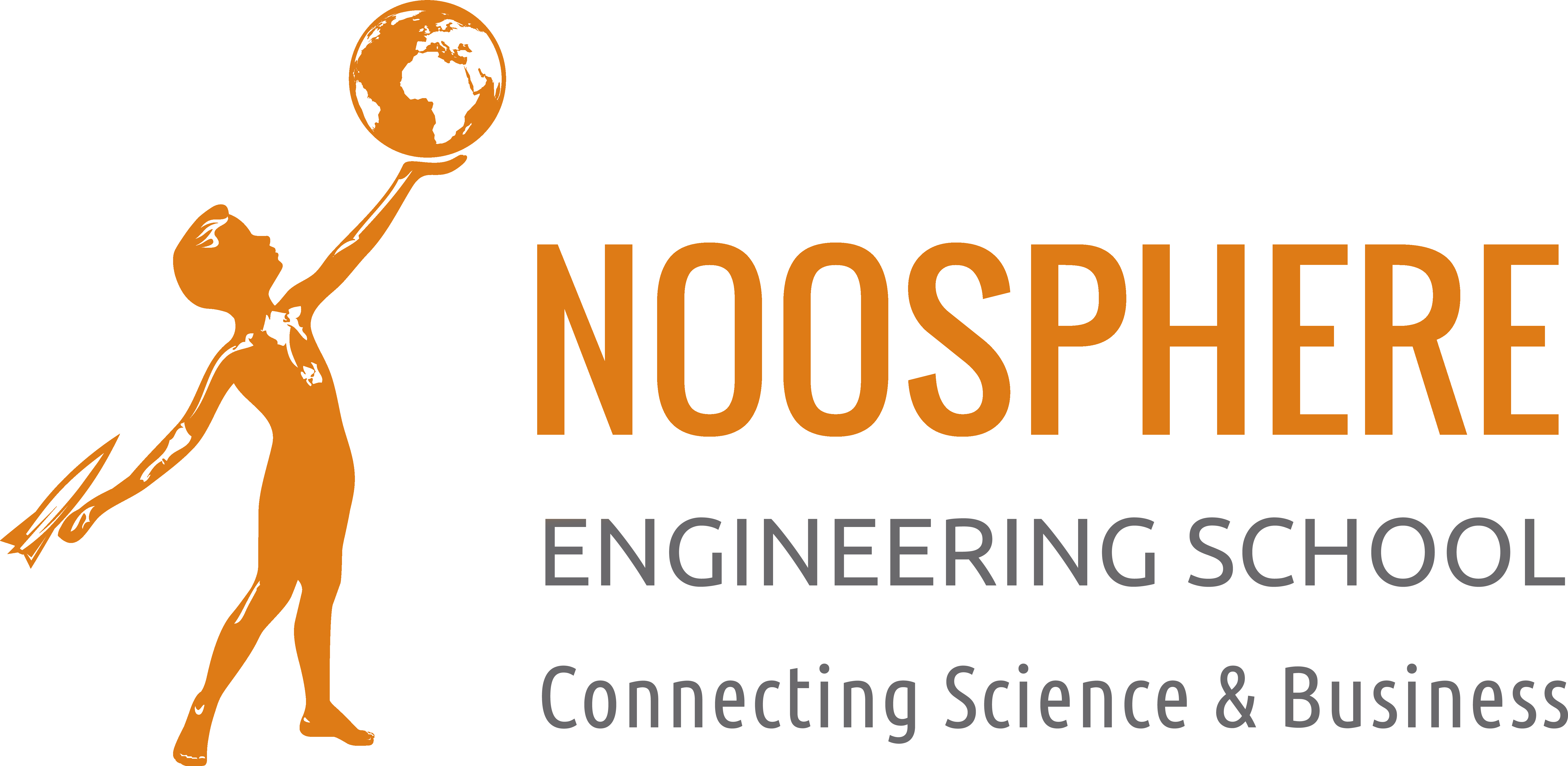Representatives of the NUWEE project group participated in the fourth online Study Visit “Introduction to Intercultural Communication” held by Netherlands Business Academy on April 20, 2021 within the framework of project “INTERADIS /International Students Adaptation and Integration”. The NUWEE project team during this visit was represented by the staff of the Centre for International Cooperation and Education, academic staff and Grant Project Department.
The program of the online visit included:
- Opening speeches by Jan van Zwieten and Steve Austen “Short and long term ambition on internalization”.
- Presentation by Jan van Zwieten “Globalization of education”.
- Panel group discussion.
- Presentations of panelists:
- Taras Finikov “How to acquire intercultural competences”.
- Izabella Agardi “Image building and identity construction”.
- Mario Neve “The context of place and environment”.
- Hala Naoum Nehme “European citizenship issues: personal experience”.
In the opening words Jan van Zwieten and Steve Austen reflecting the globalization of education stressed on the crucial thesis adopted during the European Commission Leaders' meeting in Gothenburg, 17 November 2017: “Strengthening European Identity through Education and Culture is the communication adopted by the European Commission. So, during Panel group discussion participants of the workshop were divided into five groups and were offered to think over and answered the following questions: “Why go international”, Short and Long term goals”, “What changes should be implemented and what consequences can we achieve”.
Many thanks to Netherlands Business Academy for organization of the fruitful and efficient study visit and to panelist speakers for their meaningful thoughts and sharing their own experience!
For ref.: The project “International Students Adaptation and Integration/ INTERADIS” (619451-EPP-1-2020-1-NL-EPPKA2-CBHE-JP) aims to integrate international students into Ukrainian and European educational space by the means of cultural, ethnic, social and academic assets. The Project is co-funded by the Erasmus+ Program of the European Union.















